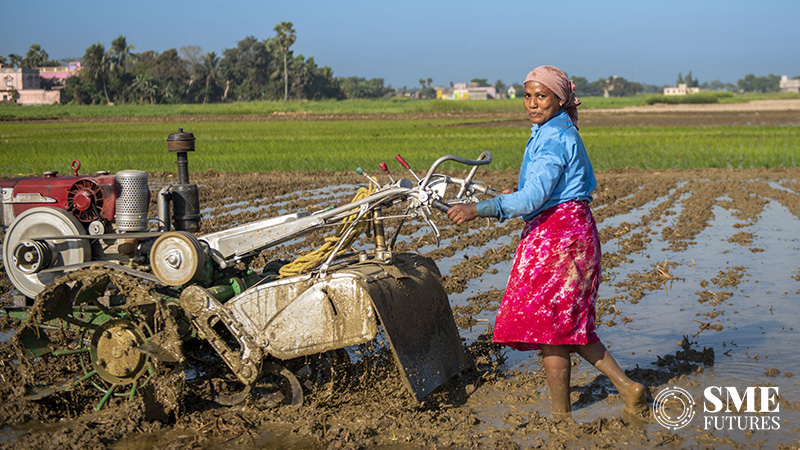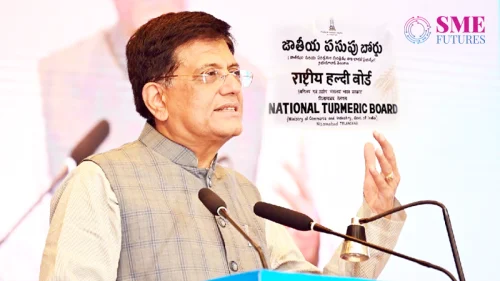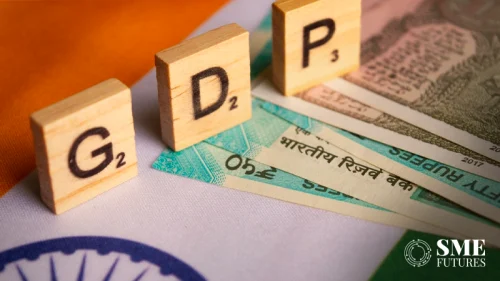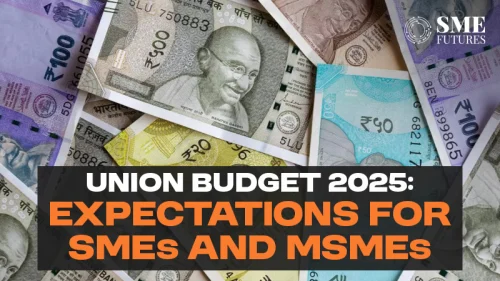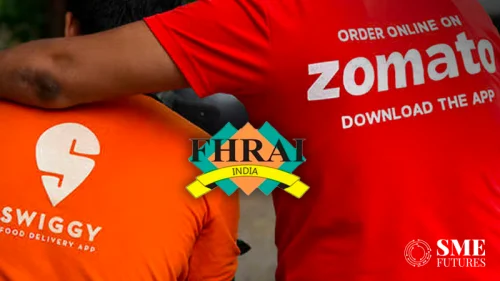On International Rural Women’s Day, Walmart Foundation highlights the impactful efforts of NGOs like PRADAN, ACCESS, Mercy Corps and Srijan, working in collaboration with the Walmart Foundation’s Market Access Program.
The Walmart Foundation, through its Market Access Program, is committed to support agrarian communities in nine states across India – Andhra Pradesh, Jharkhand, Karnataka, Odisha, Uttar Pradesh, Madhya Pradesh, Telangana, West Bengal, and Maharashtra. In March 2023, expanding on its commitment to improving farmer livelihoods in India, Walmart Foundation announced a new five-year strategy that aims to reach 1 million smallholder farmers by 2028 with at least 50% women. Since 2018, the program has invested over $39 million designed to reach 500 Farmer Producer Organisations/Farmer Producer Groups targeting 800,000 farmers, of which more than half are women.
According to an impact study conducted by Sambodhi, an India-based impact measurement firm, women farmers under Walmart Foundation’s Market Access Program showed greater participation, awareness, and decision-making as FPO office bearers. Fewer women in program FPOs had to borrow from their household to pay FPO membership fees (22% vs. 40% comparison), indicating greater independence. An analysis of key farm metrics showed that women farmers had significantly higher cropping intensity (210% for Market Access women farmers vs 149% for comparison set) as well as diversity, and they cultivated more high value crops.
The project PROWFIT, implemented by PRADAN, intends to nurture 60 women led FPOs with membership of women from small, marginal holder farmers and mostly tribal households in the rural parts of eastern India. PROWIT works with 60 FPOs and 120,000 women farmers in West Bengal, Jharkhand, Odisha and Madhya Pradesh. Muni Heprika’s story from Rayagada in Odisha exemplifies the success of this project. From an annual income of Rs. 20,000, Muni’s earnings grew to Rs. 122,914 per year. Being trained under the program on pest control and better cultivation techniques, Muni was able to maximise her yield and income.
ACCESS Development Services, under its project UDAAN, works to enhance incomes of smallholder farmers through Inclusive Value Chains. They engage with 20 FPOs (6 women-led model), 12,000 farmers; out of which 6,600 would be women farmers, based in West Bengal and Madhya Pradesh. Hemlata Lodhi from Chaurai village who is supported by the project, sold 47.5 quintals of garlic worth Rs 52,250 through the Farmer Producer Company (FPC), she received payment the same day and earned an additional profit of Rs 9,500 over and above the price offered by local traders.
Srijan’s project is aimed at economic empowerment of women from small and marginal farmer families through community institutional linkages. They work with 12 FPOs, 25,000 farmers including 15,000 women farmers in Madhya Pradesh to increase incomes in a sustainable manner. The success story of 1,300 rural women of the Amarkantak Horticulture Producer Company, Madhya Pradesh shows the impact of the project. These women farmers set up a processing unit in Pushparajgarh and increased their total profit by selling processed Kodo (millet) at Rs.80/kg instead in the raw form which were sold at only Rs. 27/kg earlier.
Mercy Corps aims to build digital financial inclusion for 100,000 women smallholder farmers, bundled with services to increase productivity, income and resilience by at least 25% over a two-year period in the states of Andhra Pradesh, Uttar Pradesh and Telangana. They partner with private sector organisations that have a proven track record to reach women farmers and provide them with services.
Julie Gehrki, Vice President, Chief Operating Officer, Walmart Foundation, said, “On International Rural Women’s Day, we are excited about the strides made by these resilient women who have harnessed the opportunities presented by the Market Access Program. We are witnessing the emergence of women leaders within Farmer Producer Organisations breaking barriers, and spearheading change. With organisations like ACCESS, Mercy Corps, PRADAN and Srijan by our side, we are forging a path toward greater gender equality, economic empowerment, and sustainable rural development. Together, we are nurturing a brighter future for rural women farmers and their communities.”
By enhancing market access for rural women, the program is driving gender equality, alleviating poverty, and nurturing sustainable development. The voices and contributions of these remarkable women are being recognised and celebrated.

